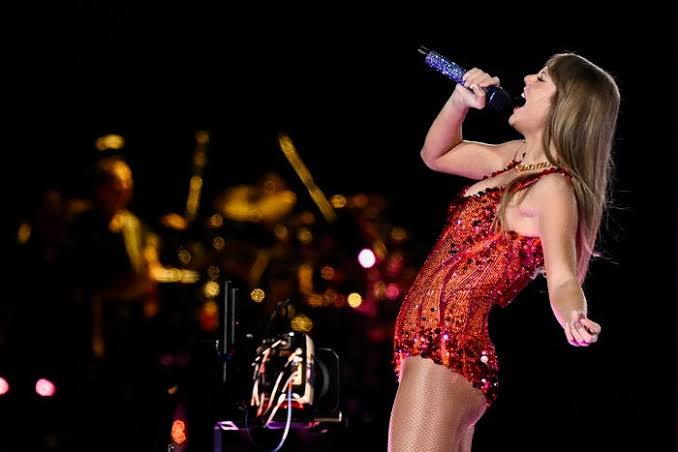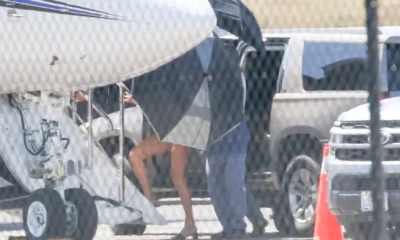CELEBRITY
Discover the details of Minnesota’s “Taylor Swift Law,” which was passed to safeguard concertgoers.

Taylor Swift, the pop sensation, has made her mark in Minnesota law with the introduction of the “Taylor Swift law”, officially known as House File 1989. This law focuses on protecting consumers who purchase tickets online for entertainment events such as concerts and sporting events.
The bill, signed into law by Minnesota Governor Tim Walz, pays homage to Taylor Swift by referencing the year of her birth and the title of her best-selling album, 1989. However, it applies to all online ticketing practices for various live shows in Minnesota, not just Taylor Swift concerts.
The inspiration for this law stemmed from a Ticketmaster mishap in 2022 when the website crashed due to high demand and bot attacks during the sale of tickets for Taylor Swift’s The Eras Tour. Democratic Rep. Kelly Moller, the chief author of the bill, was part of this debacle and experienced firsthand the challenges faced by consumers in purchasing tickets for popular events.
As a response to these issues, the new law mandates that ticket sellers disclose all fees upfront and prohibits ticket resellers from selling more than one copy of a ticket. This aims to provide transparency and fairness to consumers in the ticketing process.
The significance of this law was highlighted by its signing at the iconic music venue, First Avenue, in downtown Minneapolis. Rep. Moller expressed her excitement, stating, “Never in my wildest dreams did I imagine that we would be at a bill signing for House File 1989 at First Avenue,” while Governor Walz emphasized the importance of the law in protecting consumers from fraudulent tickets and ensuring fair access to events.
In a light-hearted manner, Rep. Moller even managed to drop a reference to a Taylor Swift song, showcasing the fun and celebratory atmosphere surrounding the signing of this legislation.
Governor Walz further emphasized the purpose of the law, stating that it aims to provide “protection so you don’t get a bad ticket, a fraudulent ticket, and resellers can’t snatch them all up before you get an opportunity.” This underlines the commitment to safeguarding consumers from ticketing malpractices and ensuring a positive experience when purchasing tickets for live events.
The “Taylor Swift law” in Minnesota reflects a proactive approach to addressing issues in online ticketing and serves as a model for protecting consumer rights in the entertainment industry.

























